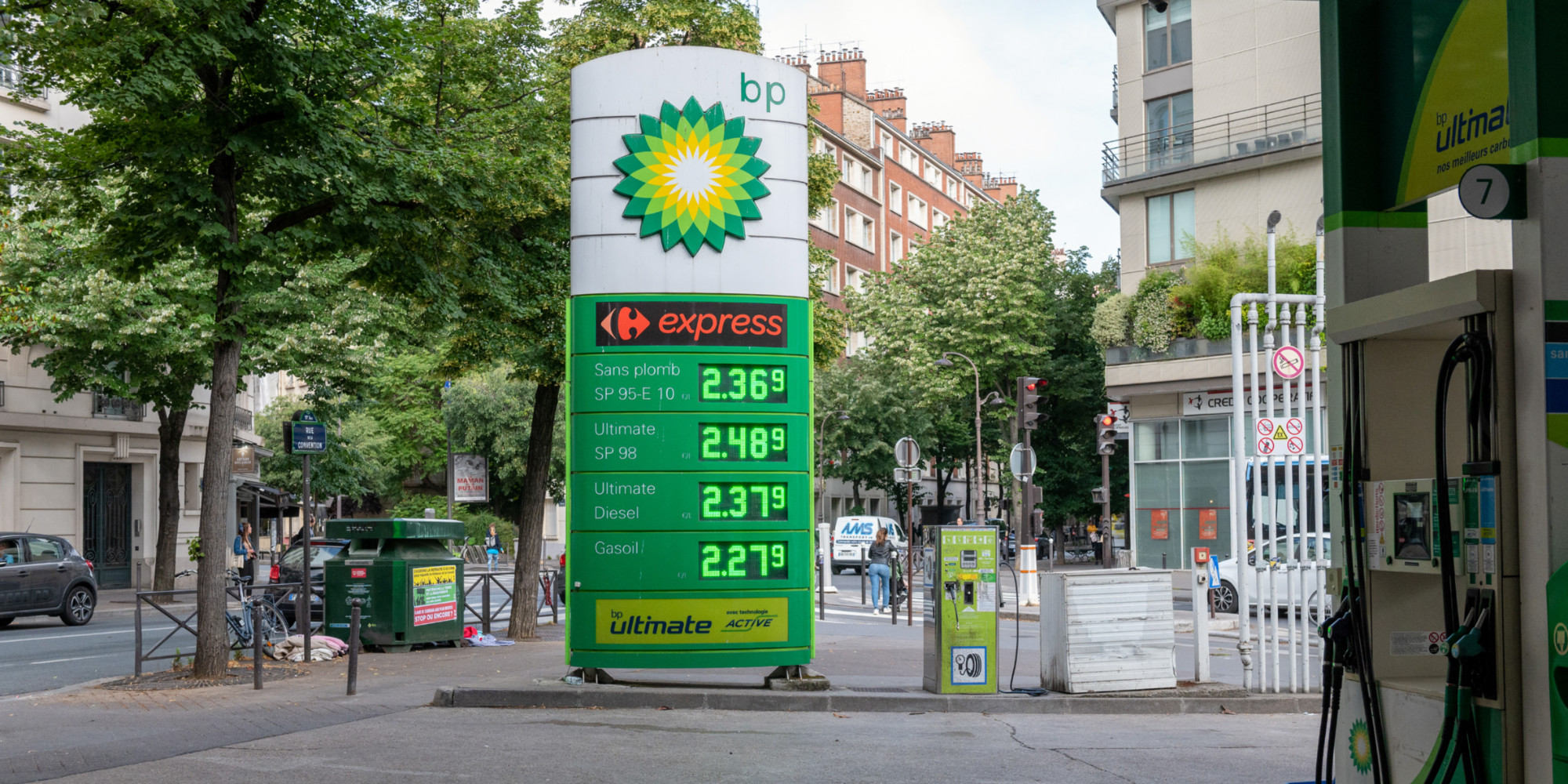Carole Ferry, edited by Laura Laplaud 10:49 a.m., July 07, 2022
The bill on purchasing power arrives this Thursday afternoon before the Council of Ministers before being debated in the National Assembly on July 18.
Among the most awaited measures, that which concerns the aid to motorists obliged to use their car to go to work.
The famous law on purchasing power will be presented this Thursday to the Council of Ministers.
With, no doubt, a few more details on the measures that will be proposed to Parliament on July 18 to try to preserve the purchasing power of the French while inflation is approaching 6%.
One of the most awaited measures is that of aid to motorists, forced to use their car to go to work.
A bonus granted for high rollers
Aid will be granted to French people who are obliged to use their car to go to work and will be offered subject to means testing.
Will this concern French people earning less than 1,500, 1,600 or 1,800 euros?
For the moment, nothing has been decided and all these sliders will be subject to parliamentary debate.
A bonus for heavy riders, those who travel more than 12,000 kilometers per year, will also be granted.
The aid of 18 cents per liter of fuel will "gradually be withdrawn by the end of the year" and "the fuel allowance for workers" will be put in place on October 1, Bruno Le Maire announced Thursday morning on Europe 1.
Aid that will not be paid automatically
This aid will not be paid automatically because it is too complicated to target the right people.
It will therefore be necessary to apply for it to be entitled to it.
Faced with potential fraud, the government has already planned to cross-reference the files of new registrations, to verify that people have a car, with the income statements of the General Directorate of Public Finance to control resources.
>> Find Europe Matin in replay and podcast here
Another flagship measure of this purchasing power package: the food check, 100 euros per adult, 50 euros per child.
A check that will work on the model of the inflation bonus since a priori, it will not be targeted at specific products.
It remains to be seen what the eligibility criteria will be.
The package also provides for a 4% increase in social minima such as the RSA, a rent shield with an increase in APL and a cap on the increase in rents.
For their part, farmers hope that new specific aid for “Made in France” food products will be offered at the start of the school year.
How much is it going to cost?
The bill on purchasing power is difficult to quantify since there are still many subjects to be refined in Parliament.
Overall, Bercy is considering an envelope of around 25-26 billion euros, in addition to the 26 billion in aid that has already been put in place since the start of the war in Ukraine such as the tariff shield on gas and electricity. electricity for example or the rebate on the liter of fuel.
This measure, for example, costs 800 million euros per month.
This will therefore have to be taken into account if it is maintained at the start of the school year.
How will this be funded?
The good news is that France has more tax revenue than expected in 2022. About 55 billion more since post Covid-19, activity had restarted very well.
Part of this kitty should finance these measures.
Emmanuel Macron has pledged that this will not go through a tax hike.

